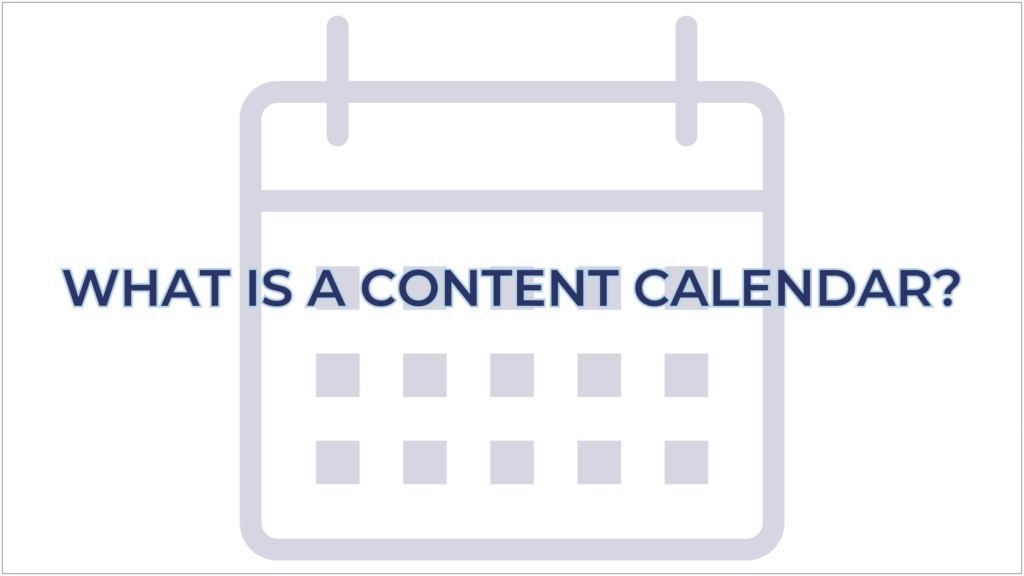
What is a Content Calendar?
UN Content Calendar is a planning tool that helps you schedule the creation, publication, and distribution of content over a set period. It outlines what content will be published, when it will be published, and where it will be published. A content calendar is part of your stratégie de contenu to ensure consistency, timeliness, and alignment with overall marketing goals.
Content calendars include:
- Content Types: The format of the content (e.g. blog posts, videos, social media updates).
- Publication Dates: The specific dates content will be published.
- Content Topics: The themes or subjects each piece of content will cover.
- Distribution Channels: The platforms where content will be shared (e.g. website, social media, email).
- Responsible Parties: The team members or departments who will create and publish the content.
A content calendar keeps your marketing de contenu in order, so you meet deadlines and all content is aligned to your overall strategy.
Why is a Content Calendar Important?
A content calendar is important for several reasons, each contributing to the success of your content marketing:
- Consistency and Organization: A content calendar ensures your content is published consistently, which is key to audience engagement. According to HubSpot, businesses that blog consistently are 13 times more likely to see a positive ROI. A content calendar helps you stay on top of things, so you don’t have to scramble to produce content at the last minute.
- Content Aligned to Marketing Goals: A content calendar allows you to plan content that’s aligned to your overall marketing goals, such as product launches, seasonal promotions or campaigns. This means all content contributes to your business objectives and resonates with your target audience at the right time.
- Resource Efficiency: By planning content in advance, a content calendar helps you manage resources effectively, from time and budget to personnel. This prevents resource waste and allows your content team to work efficiently.
- Collaboration: A content calendar facilitates better collaboration for larger teams or businesses working with external agencies. It provides a clear overview of upcoming content, so everyone involved is on the same page and working towards the same goals.
- Content Gaps: A content calendar helps you identify gaps in your content strategy, such as underrepresented topics or content types. By reviewing your calendar regularly, you can adjust your content plan to ensure you cover all relevant topics.
- Flexibility: While a content calendar provides structure, it also allows for flexibility. If new opportunities or trends arise, you can adjust your calendar to accommodate new content ideas or shift priorities. This flexibility means your content strategy remains relevant and responsive to changes.
How a Content Agency Can Help
A content agency can help develop and manage your content calendar. Agencies have expertise in content planning, audience analysis and SEO, so you can create a calendar that gets the most out of your content. They can also help with content creation so all planned content is delivered on time and to your quality standards.
By working with a content agency, you can ensure your content calendar is not only organized but also aligned with your overall marketing strategy, which will lead to better content marketing.
